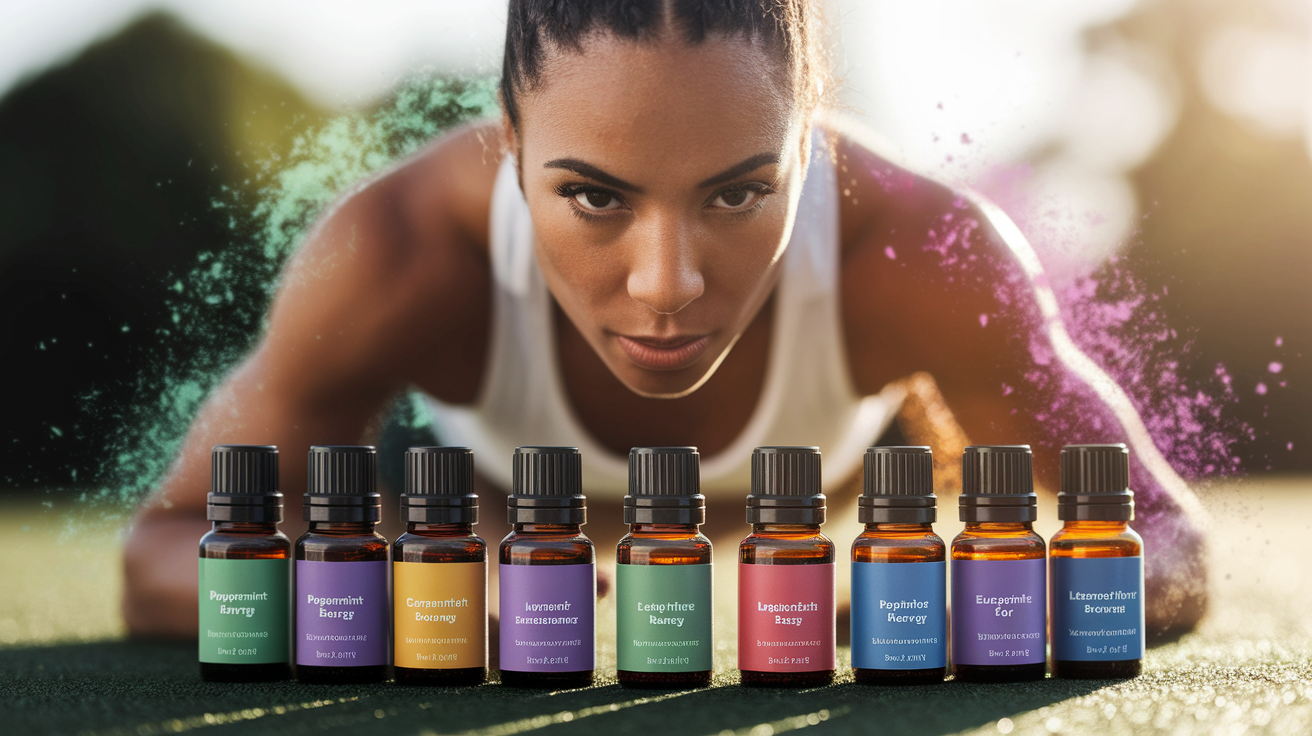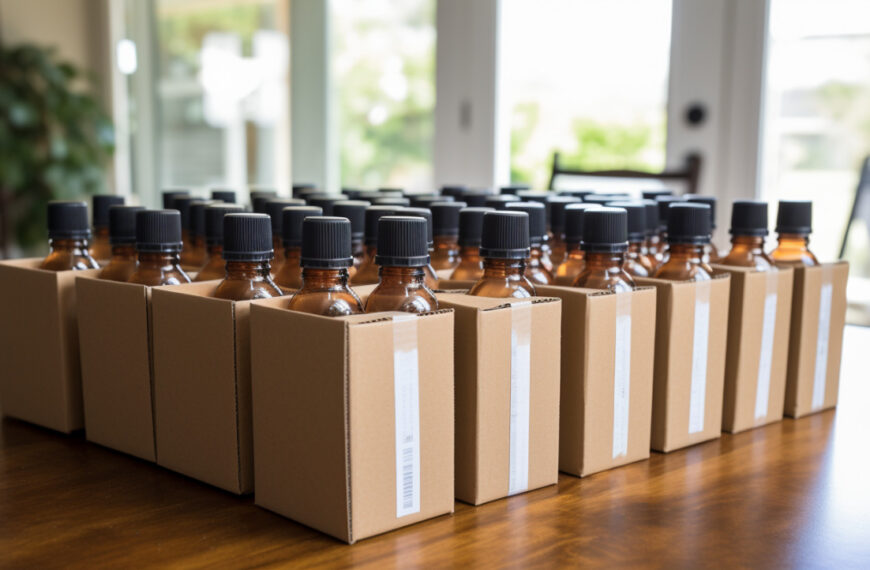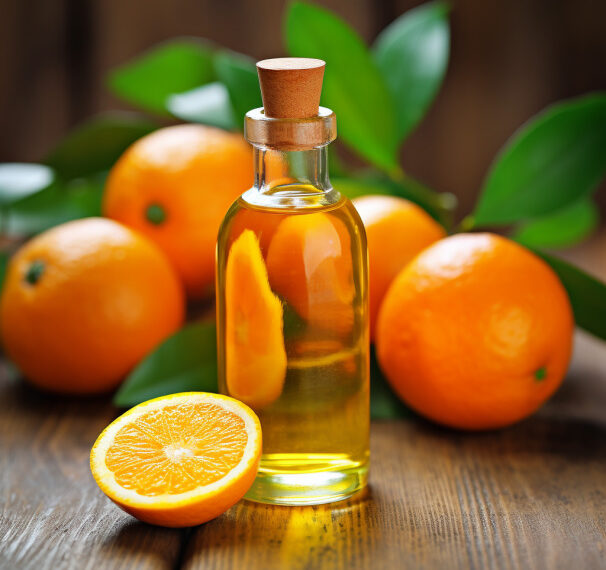Blooming with Confidence: Your Pregnancy-Safe Essential Oil Guide
Picture this: you’re in your second trimester, dealing with morning sickness that strikes at 3 PM, and your usual go-to remedies just aren’t cutting it. That’s when many expecting moms start wondering about essential oils – these tiny bottles of concentrated plant power that seem to promise relief for everything from nausea to sleepless nights.

Here’s the thing I’ve learned: pregnancy aromatherapy safety isn’t just about what smells good. Your body is doing incredible work right now, and every molecule you inhale or apply to your skin travels through your system – and potentially to your baby. The safe use of essential oils during pregnancy and birth requires understanding which oils support your journey and which ones need to stay on the shelf for now.
The tricky part? We don’t have mountains of research specifically on essential oils during pregnancy. What we do have is traditional use, anecdotal evidence, and some caution flags based on how certain oils affect the body. This means we need to be extra thoughtful about our choices during the first trimester, second trimester, and third trimester.
Top Pregnancy-Safe Essential Oils
Let me share the oils that have earned their place in the pregnancy-safe category. These are the gentle giants that can offer relief without raising red flags with your midwife or ob-gyn.
Lavender: Your Sleep and Stress Savior
If I had to pick one essential oil for pregnancy, lavender would be it. This purple powerhouse helps with sleep during pregnancy, calms anxious moments, and can even soothe irritated skin. You can safely use lavender essential oil in a diffuser during pregnancy, and it’s gentle enough for topical application when properly diluted with a carrier oil.
Chamomile: The Gentle Comforter
Roman chamomile (not German chamomile, which is more potent) is like a warm hug in a bottle. It’s perfect for those emotional moments when pregnancy hormones have you crying over a commercial about puppies. Chamomile essential oil for sleep during pregnancy works beautifully, and it can help ease digestive discomfort too.

Ginger: Morning Sickness’s Match
When morning sickness hits – whether it’s at dawn or dinnertime – ginger essential oil can be a game-changer. It’s one of the best essential oils for morning sickness relief during pregnancy. A drop on a tissue held near your nose, or diffused at very low concentrations, can help settle that queasy feeling.
Sweet Orange: The Mood Lifter
Citrus oils like sweet orange are generally safe and wonderful for boosting mood during pregnancy. They’re energizing without being overstimulating, and they make your space smell like sunshine.
Frankincense: The Skin Soother
This ancient oil is fantastic for skin care during pregnancy. It can help with stretch marks (though let’s be honest, genetics play a big role there too), and it’s incredibly grounding when you’re feeling overwhelmed.
These essential oils that are considered safe for pregnant individuals form the foundation of a pregnancy-safe aromatherapy routine. But remember, even safe oils need to be used mindfully.
Essential Oils to Avoid During Pregnancy
Now for the oils that need to sit this pregnancy out. I know it’s disappointing when your favorite pre-pregnancy blend contains one of these, but there are good reasons why certain oils are on the avoid list.
The Uterine Stimulators
Some oils have compounds that can stimulate uterine contractions or affect hormone levels. The list of essential oils to avoid completely during pregnancy includes:
- Clary Sage – Actually used by some to encourage labor, so definitely not for early pregnancy
- Rosemary – Contains camphor, which can cross the placental barrier
- Basil – Can stimulate menstruation
- Thyme – Too potent and potentially irritating
- Juniper – Can affect kidney function
- Cedarwood, Cypress, Sweet Marjoram – All have uterine-stimulating properties
The Controversial Ones
Some oils fall into a gray area. Take peppermint – it’s amazing for nausea, but peppermint oil can be a controversial choice because it’s so strong and might affect milk production later on. I generally suggest using it sparingly and only after the first trimester.

Rose oil is another tricky one. While it smells divine and seems gentle, it can have hormone-like effects that make it questionable during pregnancy.
Safe Usage Guidelines
Using essential oils while pregnant isn’t just about picking the right oils – it’s about using them correctly. Think of it like seasoning food: a little goes a long way, and too much can ruin the whole dish.
Dilution is Everything
When I talk about essential oil dilution guide pregnancy standards, I’m talking about going lower than you might normally use. Where you might use a 2-3% dilution typically, during pregnancy I recommend:
- First trimester: 0.5-1% dilution (that’s about 3-6 drops per ounce of carrier oil)
- Second and third trimester: 1-1.5% dilution (6-9 drops per ounce)
Always mix your essential oils with a quality carrier oil like jojoba, sweet almond, or coconut oil before applying to skin. This is especially important during pregnancy when essential oil use requires extra caution and lower dilutions.

Aromatherapy Diffuser Pregnancy Safety
Diffusers are generally the safest way to enjoy essential oils during pregnancy. Start with just 1-2 drops in your diffuser and run it for 15-30 minutes at a time. Your pregnancy nose might be more sensitive than usual, so what smelled perfect before might now be overwhelming.
Topical Application Guidelines
Always do a patch test before using any new oil, even ones you’ve used before pregnancy. Apply a small amount of your diluted blend to your inner wrist and wait 24 hours to check for reactions. If you do experience irritation, knowing how to safely respond to skin reactions becomes crucial, especially when skin sensitivity is heightened during pregnancy.
What About Common Pregnancy Discomforts?
Many expecting moms wonder about using essential oils for specific issues like acid reflux relief, which is incredibly common during pregnancy. While some oils can help, you’ll want to stick strictly to pregnancy-safe options and always check with your healthcare provider first.
For skin issues during pregnancy, gentle oils like lavender can be helpful when properly diluted, but remember that your skin is going through changes and may react differently than usual.
Seeking Further Guidance
The most important piece of advice I can give you? Don’t go it alone. Before you start any essential oil routine during pregnancy, have a conversation with your healthcare provider. They know your specific situation, health history, and any medications you might be taking.

A certified aromatherapist who specializes in pregnancy can also be incredibly helpful. They can create custom pregnancy essential oil blends that are both safe and effective for your specific needs.
For additional research and guidance, I recommend checking out resources like basic guides to essential oils that are safe to use during pregnancy and comprehensive safety discussions from trusted medical sources.
Questions to Ask Your Provider
- Are there any essential oils you specifically recommend I avoid given my health history?
- What’s your comfort level with me using essential oils during labor and delivery?
- Should I continue or modify my essential oil use when breastfeeding?
- Are there any interactions with my current medications or supplements?
Scenting Your Journey Safely
Pregnancy is such a unique time in your life, and if essential oils can help you feel more comfortable, relaxed, or just bring a little joy to your day, that’s wonderful. The key is approaching them with respect for both their power and your body’s current needs.
Start small, pay attention to how you feel, and don’t be afraid to adjust your routine as your pregnancy progresses. What feels amazing in your second trimester might be too strong in your first, or you might discover new favorites as your sense of smell changes.
Remember, natural doesn’t automatically mean safe for pregnancy, and safe essential oils for breastfeeding might be different from what works during pregnancy. This journey is all about being informed, staying flexible, and prioritizing both you and your baby’s wellbeing.
Your aromatic companion should enhance this incredible journey, not add stress to it. Trust your instincts, work with knowledgeable professionals, and enjoy discovering how these natural treasures can support you through one of life’s most amazing adventures.













